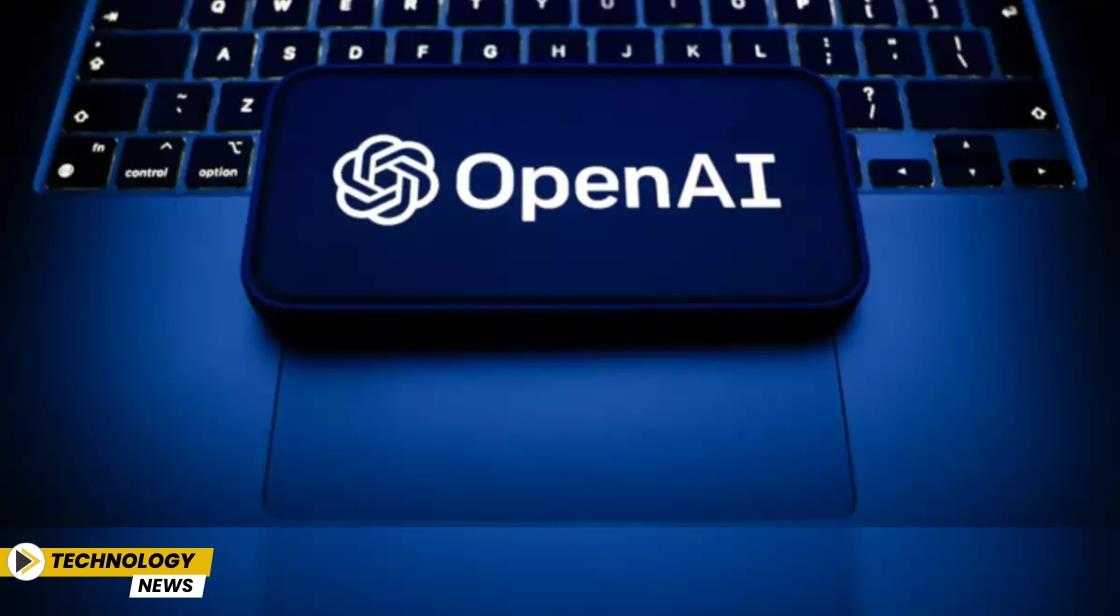North Korea Integrating ChatGPT in AI Education at Kim Il Sung University

News Synopsis
North Korea appears to be utilizing ChatGPT, OpenAI's generative AI model, in its higher education AI studies, despite its tightly controlled internet access. A report from Voice of Korea, a Pyongyang-based external propaganda outlet, suggests that members of an AI research institute at Kim Il Sung University are actively learning about ChatGPT and its functionalities.
North Korean Researchers Studying ChatGPT's Capabilities
According to a News Agency, the institute has been using learning materials that explain how ChatGPT generates responses based on user inputs. However, due to North Korea's strict internet regulations, it remains uncertain whether researchers have direct access to the AI tool or if they are relying on indirect means to study it.
A researcher at Kim Il Sung University, Han Chol-jin, emphasized that the university's AI research is dedicated to developing ways to understand, acquire, and adapt advanced technologies for domestic use.
North Korea's Growing Interest in AI Amid Global AI Race
Earlier this month, Choson Sinbo, a pro-Pyongyang newspaper based in Japan, reported on global AI advancements, particularly focusing on China’s AI industry and the challenges it faces.
The newspaper criticized the Western restrictions on China's AI technology, arguing that these limitations are an attempt to curb China’s technological progress. It further claimed that China has successfully developed a cost-effective AI model comparable to ChatGPT despite lacking access to advanced semiconductor technology.
OpenAI Takes Action Against Suspected North Korean Cyber Activity
Meanwhile, OpenAI has identified and banned user accounts suspected of facilitating a deceptive employment scheme, which may have links to North Korea. In its latest report, titled "Disrupting Malicious Uses of Our Models," OpenAI disclosed that actors were creating fake job applications, resumes, and online profiles, possibly as part of a scheme to place North Korean IT workers in Western companies to generate revenue for the Pyongyang regime.
“The activity we observed is consistent with the tactics, techniques, and procedures Microsoft and Google attributed to an IT worker scheme potentially connected to North Korea,” OpenAI stated in the report.
Although OpenAI could not confirm the exact location or nationality of the actors, the suspicious activities closely resemble previously documented North Korean strategies to infiltrate foreign job markets and generate hard currency.
North Korea's Strategic Push in AI and Cyber Operations
North Korea has been actively expanding its AI and cybersecurity capabilities in recent years. Experts suggest that Pyongyang is increasingly interested in AI-driven research to strengthen its technological autonomy and cyber operations.
Additionally, reports indicate that North Korean cyber units have been involved in various cyberattacks and illicit activities, including cryptocurrency theft and online fraud, to support the regime’s finances. The latest findings by OpenAI highlight the growing global concerns over North Korea’s misuse of advanced AI tools.
Conclusion
North Korea’s reported use of ChatGPT in AI education at Kim Il Sung University highlights its ambition to enhance technological capabilities despite severe internet restrictions. While the extent of access to OpenAI’s model remains unclear, the country’s increasing focus on AI research and development suggests an effort to integrate global advancements into domestic applications.
At the same time, OpenAI’s recent actions against suspicious user accounts underscore concerns over North Korea’s cyber activities, particularly its alleged involvement in deceptive hiring schemes to generate foreign revenue. The international community remains watchful as Pyongyang continues to explore AI-driven strategies for both economic and strategic purposes.
As AI technology becomes more sophisticated, ensuring responsible usage and preventing misuse will be crucial. Companies and governments must work together to implement security measures that prevent AI models from being exploited while fostering ethical innovation worldwide.









